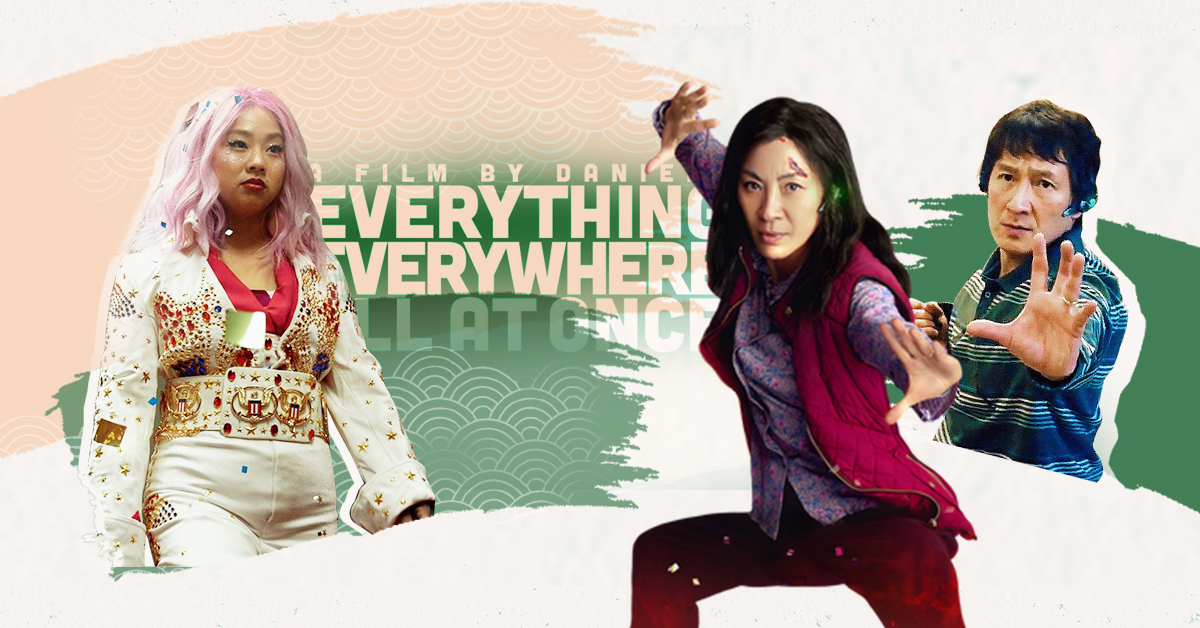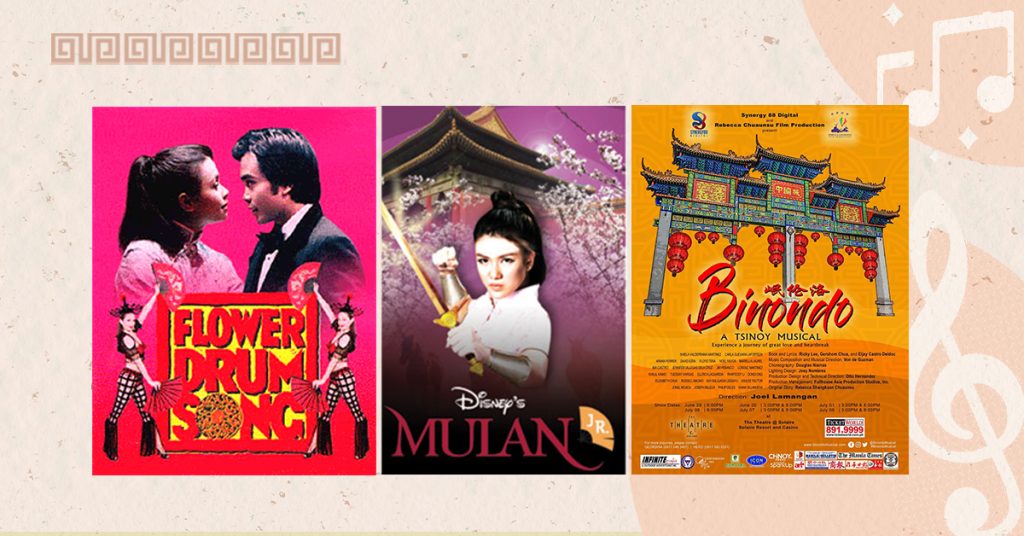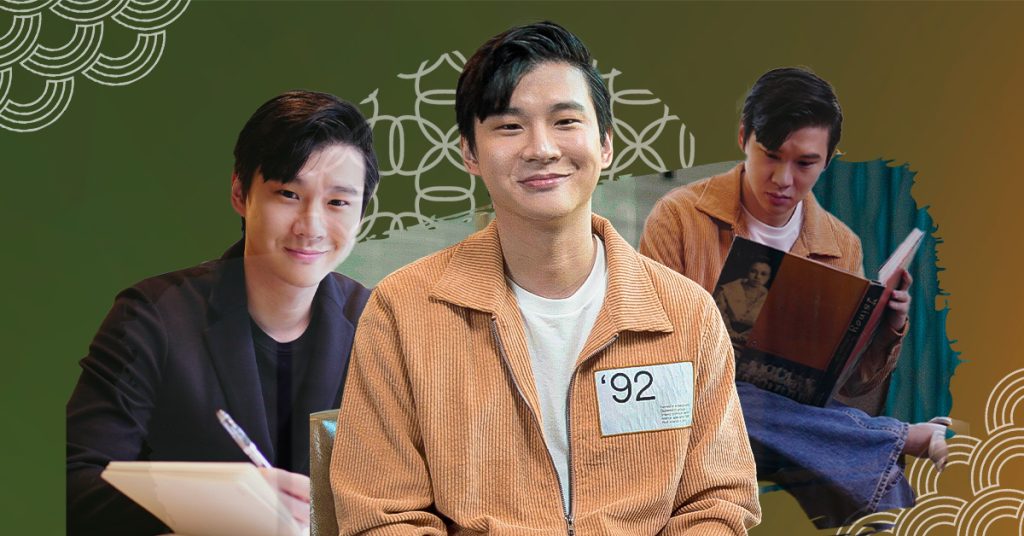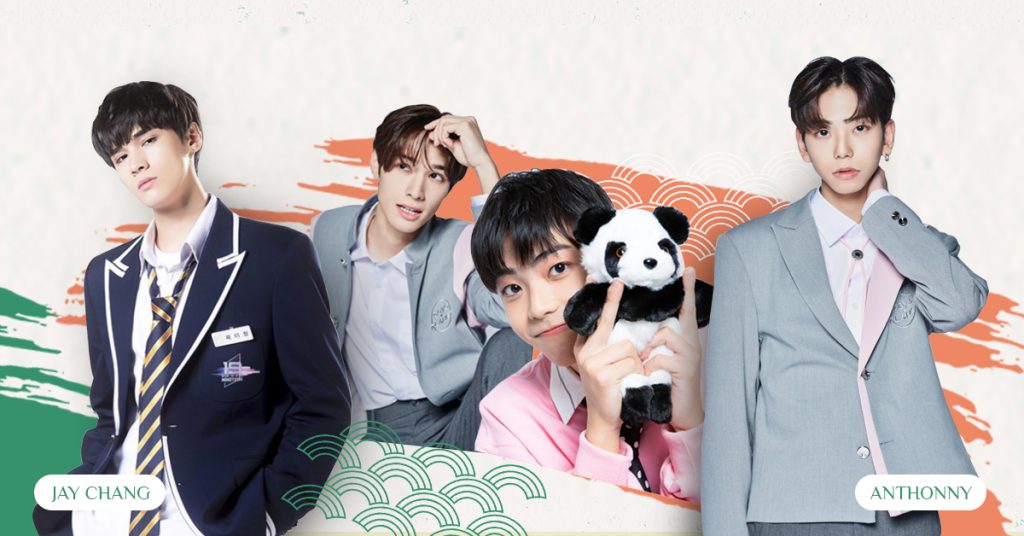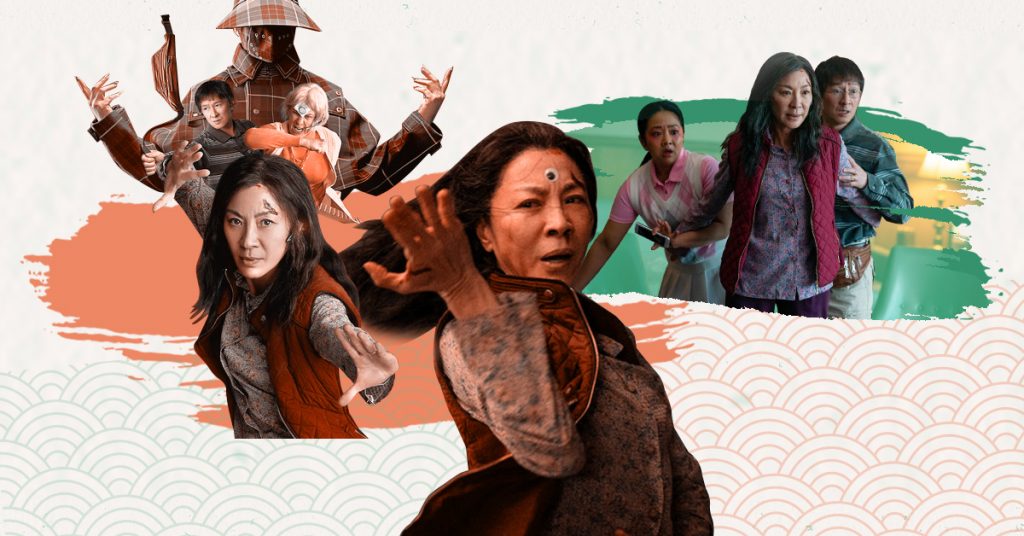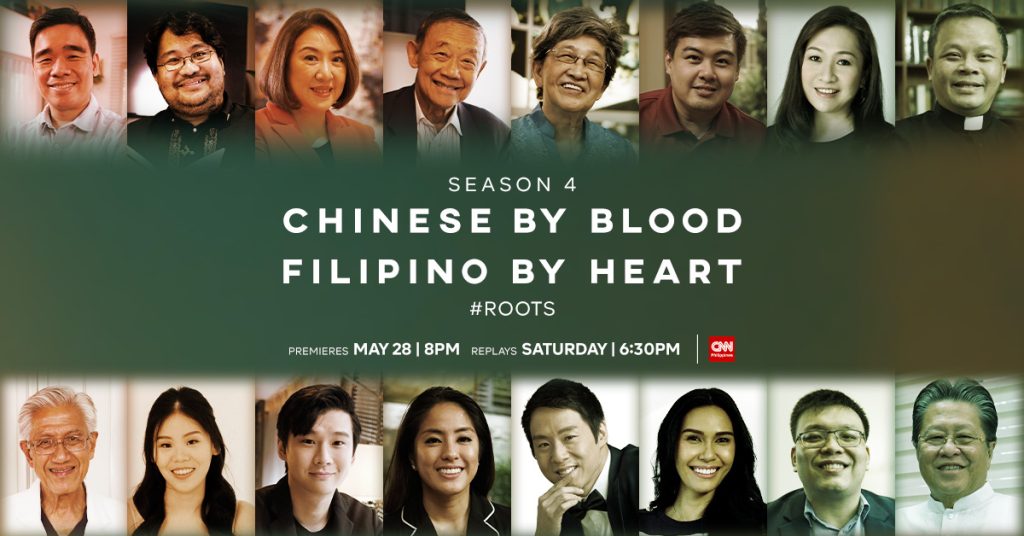Honestly, I knew Everything, Everywhere, All at Once (EEAO) was going to dominate this year’s Academy Awards. Yes, in my humble opinion, the film was indeed good enough to bag seven trophies. I enjoyed it so much that not only have I written an article on how relatable EEAO is to Chinoys like us, but I’ve also indulged in contemplating a second essay because the longer I sat rewatching YouTube highlights of EEAO, the more I was convinced that, for all the absurdist humor it indulges in, this film is definitely worth a second, deeper look. It deserves a breakdown.
Everything, Everywhere, All At Once isn’t just relatable. It’s a masterful encapsulation of the experiences of the Chinese diaspora — those who have left their homeland to start another beginning, build a family, and marry together cultures that will leave you struggling to fit in. And it’s a brilliant subversion of all of that, too. Just think of all the stereotypes that the story of a Chinese-American family can possibly have, and watch as all your expectations transform into a bruised heart comforted by the simple joys in life.
You may ask: How exactly does this film achieve this? (Spoiler Alert: If you don’t want to be spoiled, please watch EEAO before scrolling down.)
Well, it’s because of the Wang family — or more specifically, how each member of the family is depicted not only in the film’s main universe but also in its alphaverse and all the other parallel universes.
The Mother, The Hero: Evelyn Wang
Michelle Yeoh once stated that the reason she agreed to star in Everything, Everywhere, All At Once was its unusual choice of protagonist: Evelyn, a middle-aged Chinese immigrant mother who becomes a superhero to save the multiverse. That detail alone is also the reason why several other viewers, including myself, wanted to watch EEAO even before the Oscar nominations started to roll in.
What’s striking about Evelyn is that immediately as the film begins, we’re introduced to her supposed competence. We’re led to believe that she is what keeps the Wang family together. Evelyn is efficient, decisive, and everything that her silly, dithering husband is not. She is the one who keeps the family laundromat business up and running, the one who tries to manage the nonsense in her struggling daughter’s life decisions, and the one who takes care of her aging father as a filial child.
At first glance, Evelyn is perfect.
But a longer, second glance will then show that the family business is being investigated by the IRS, that her husband Waymond is filing a divorce, and that her daughter Joy wants to introduce her girlfriend to her traditionally principled grandfather. It turns out that all of Evelyn’s competence is for naught; and as a result, she becomes resigned to the notion not only has she unsuccessfully managed any aspect of her life but that she hasn’t made much out of it either. To put it simply, Evelyn wasted her life becoming a failure. And that’s what makes her such a great protagonist.
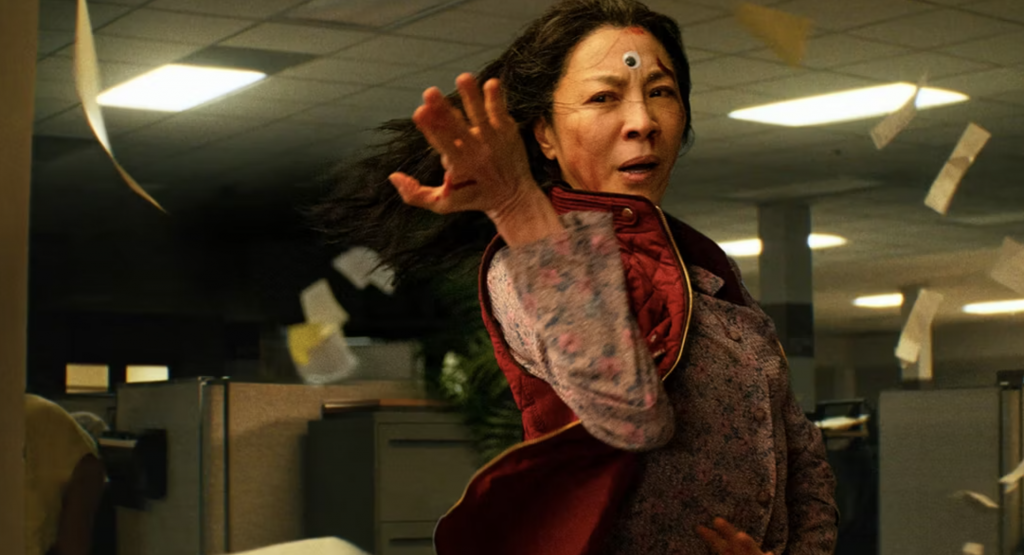
You see, most superhero origin stories would have you believe that the prime of one’s youth is when you become the Main Character you are meant to be: Think of the youthfully ambitious Peter Parker, the beautifully dangerous Diana Prince, or even the womanizing but brilliant Tony Stark. These are all characters who inspire you to spend your “best” years in pursuit of dreams — callings.
But what happens when you never realize what your dreams truly are? In contrast to the average superhero, Evelyn’s story begins long after her hair is streaked with gray, with a child already grown. She does not “start” her superhero story as a rebellious headstrong daughter but as a regretful middle-aged mother. That position, in itself, already sends a clear message to the film’s audience: Superheroes come in all ages, sizes, and experiences — not just adventurous teenage kids, immortal Amazonian princesses, or thirty-something playboy philanthropist billionaires. Going beyond that, there also exists the hope that even at an age where everything seems monotonously and hopelessly permanent, your life can restart anew; your dreams can begin again.
And yet, here begs another question: What are dreams? While Peter Parker chases after his dream of becoming an Avenger with stars in his eyes, one version of Evelyn Wang washed laundry, another projected all her hopes and expectations onto her daughter and endangered the multiverse, another became a world-renowned martial-artist-turned-actress, and another was just a rock.
In essence, dreams are a vision of who your best self is and all the accomplishments that come with such a status. For Evelyn, who has lived through countless successful iterations of herself throughout the multiverse, this meant becoming the person whom she thought she was all along: an ordinary middle-aged mother and wife who lovingly cares for her family.
The Daughter, The Villain: Joy Wang
Let’s face it: Did any of you expect that Joy was actually Jobu Tupaki, the chaotic entity who has murdered countless lives throughout the multiverse?
Personally, this role subversion was one of my favorite parts of the film. Although EEAO is definitely not considered to be a representative of the young adult (YA) genre, the trend with dystopic and apocalyptic female-led films, as of recent years, is that mothers are usually delegated as side characters while young daughters are the protagonists — for example, Katniss from The Hunger Games or Natasha Romanov from the MCU’s Black Widow. It’s rare for a middle-aged mother herself to take the spotlight as the hero and rarer even for her daughter to be her very own antagonist.
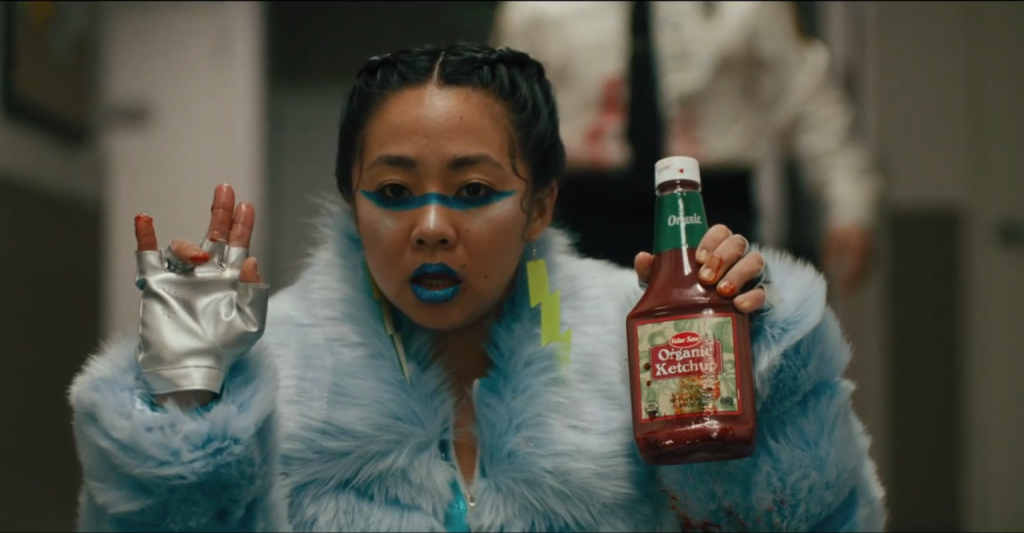
Essentially, in EEAO, Joy was everything viewers were trained not to expect. Coarse, vulgar, fashionably nihilistic, and seemingly bent on destroying the whole multiverse — or in other words, definitely unheroic traits! But that’s actually what makes the film so enjoyable. The multiverse, as a concept, is too mind-bogglingly complex for a film to take seriously without plot repercussions (read: I’m sorry, MCU), which is why absurdist ideas like Jobu Tupaki’s costumes, weapons, and one-liners thrive so brightly in the film and why her tragic backstory is also so compelling.
From one angle, the absurdity presents an anxious manifestation of the unique, cynical sense of humor that Gen Z seems to indulge in. (Read: The blackhole bagel really is the perfect metaphor for collapsing mental health). From another, it serves as a point of contrast between the two contradicting worldviews between mother and daughter — the ordinary vs the absurd, the hero vs villain. In Evelyn’s eyes, for instance, the seemingly rebellious nature of her universe’s Joy is strange and unacceptable, leaving her to conclude that such is the result of Jobu Tupaki, a wicked greater being whose absurd nature can only be a villainous trademark.
Ultimately driving the nail home, Evelyn accused: “You’re the reason my daughter doesn’t call anymore, why she dropped out of college and gets tattoos. You are why she thinks she is gay.”
The Husband, The Heart: Waymond Wang
If you’re looking for the character that makes Everything, Everywhere, All At Once make such good sense, then search no further for you have Waymond Wang! Soft-hearted, bumbling, and idealistic, one would think that Waymond wouldn’t be a superhero film’s leading man at all — at most, this version of Waymond would be the leading man who has yet to face his transformative heroic journey. However, what makes this film different is that Waymond does not actually need to face any transformative journey to make him more heroic. That’s because he already is.
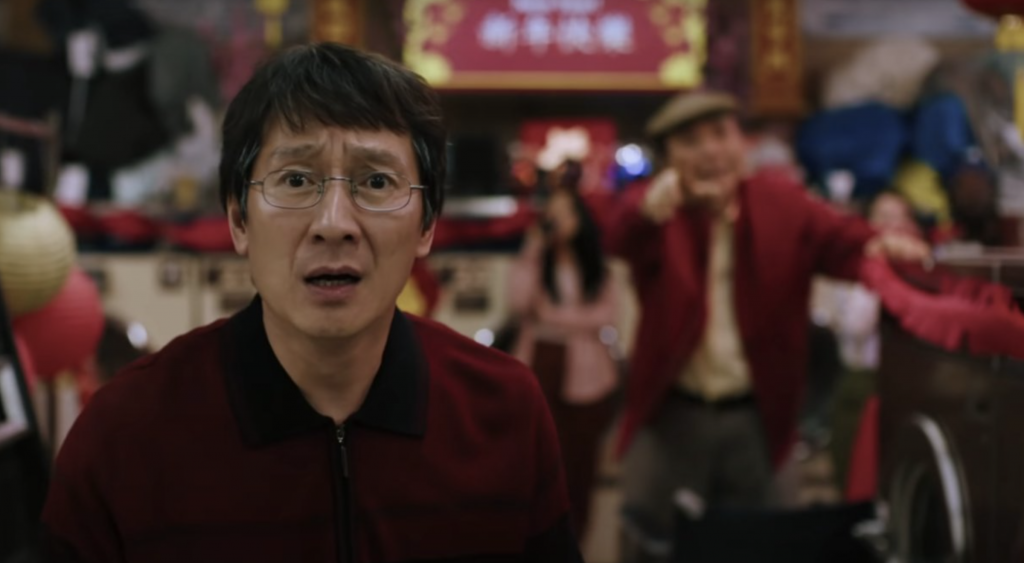
Balancing the Wang family’s aggressive nature with his perpetually forgiving nature, Waymond is a relatively static character, in the sense that he remains relatively the same throughout the film. Despite this, EEAO was still able to provide a point of differentiation with a more dominant Waymond in his alphaverse self. However, even with the alphaverse Waymond possessing a more active and callous personality as a result of the loss of his wife to the multiversal war against Jobu Tupaki, the one who ultimately stopped the major fight between mother Evelyn and daughter Joy is the original, gentler Waymond.
“The only thing I do know is that we have to be kind. Please be kind,” Waymond pleaded, desperately, despite knowing only little of the situation’s danger.
It is these two sentences that inevitably reveal the firm consistency of Waymond’s character throughout the film. The truth is that just because Waymond is not aggressive does not mean he is passive, and it is this truth that slowly brings Evelyn back to their reality as she grapples with the omnipresent hopelessness scattered throughout the multiverse.
“My silly husband is probably making things worse,” Evelyn tells Joy, watching in disbelief as he gently proves her wrong not a moment after.
In his own way, Waymond has been patient and persevering, subtly dedicating time and effort to his wife by discussing the future of their marital relationship and successfully negotiating with an IRS agent to extend their tax deadlines. Ultimately, it is this unwavering character that anchors Evelyn, and by extension, Joy to the ground of their universe.
In essence, although, as the father, Waymond Wang is meant to stereotypically be the head of the family, what Everything, Everywhere, All At Once establishes is that he is actually its beating heart — and more than that, that an Asian lead in a superhero film can be a gentle and kind one, after all.

